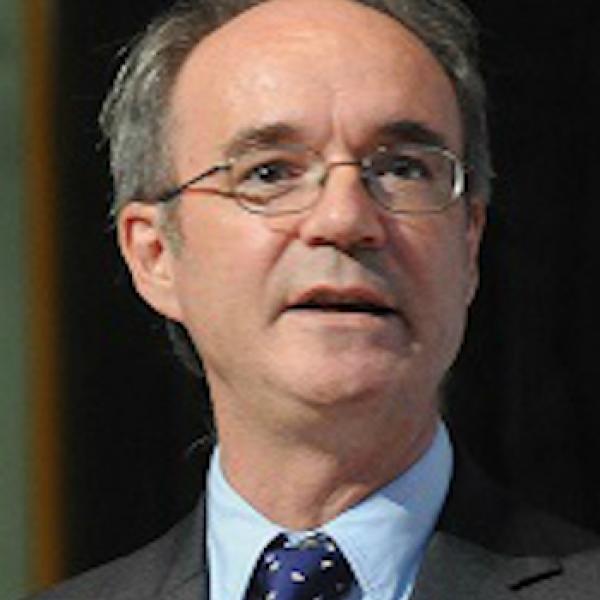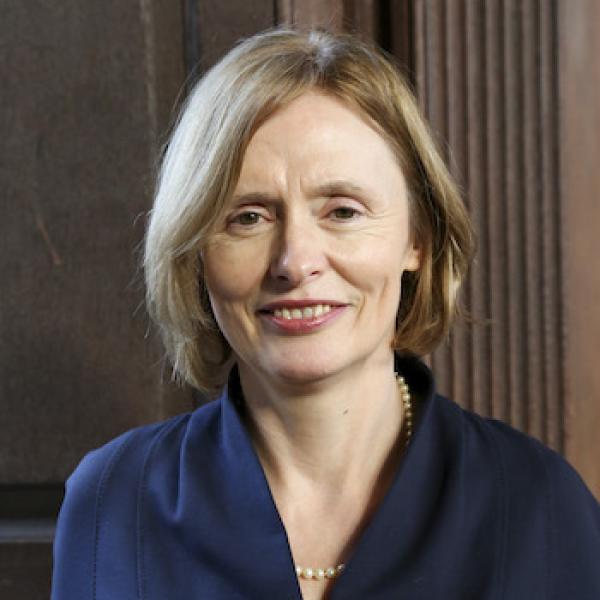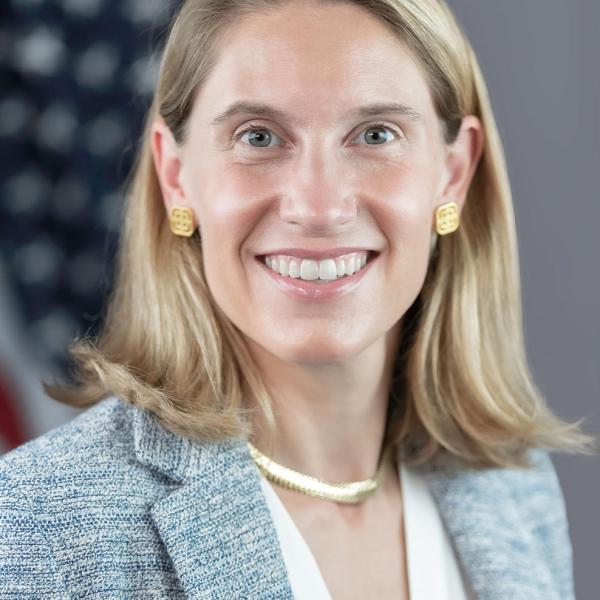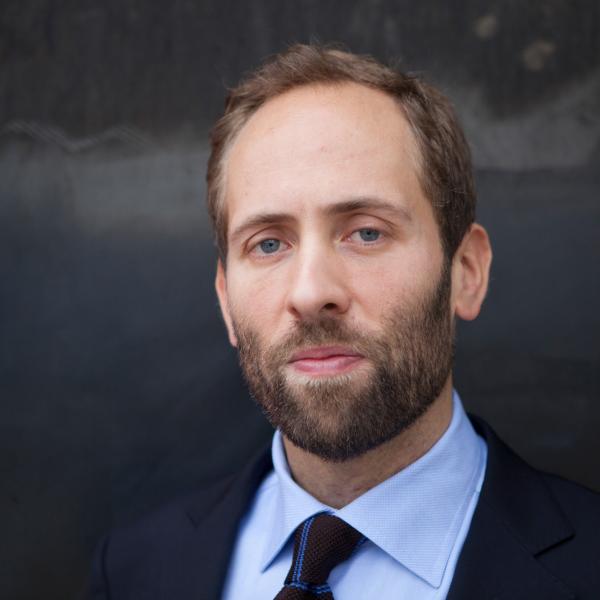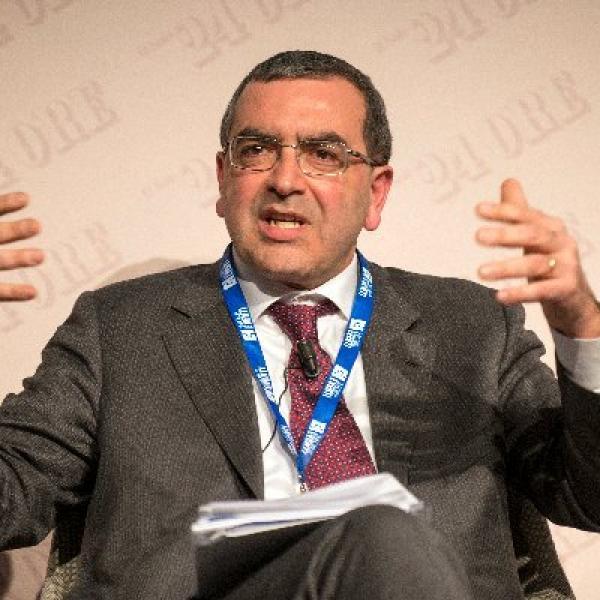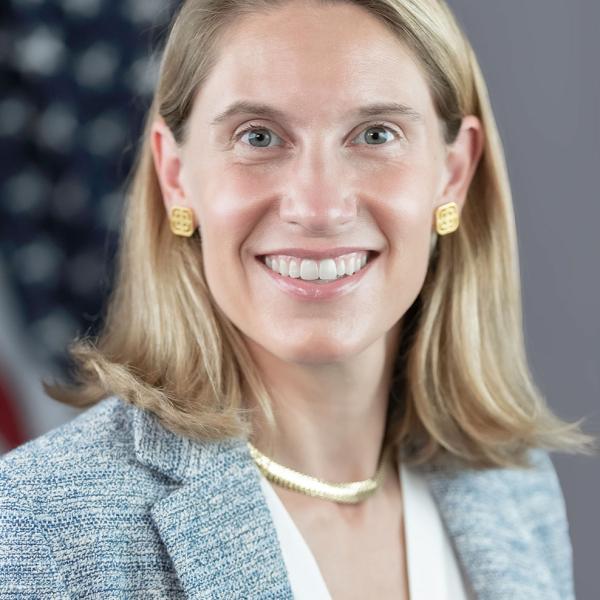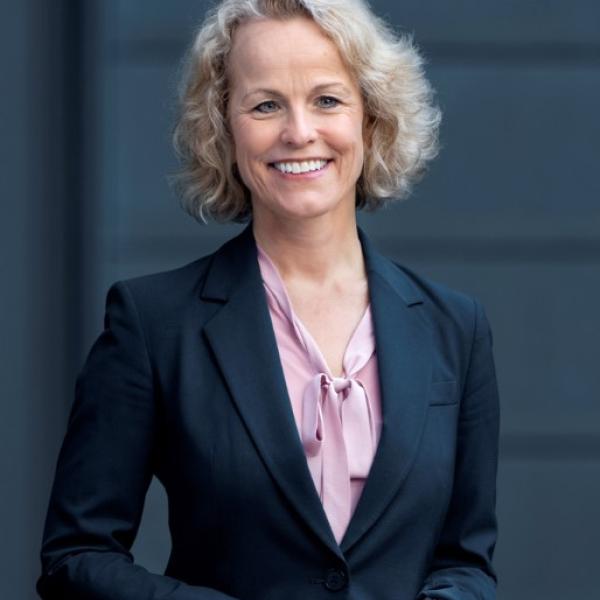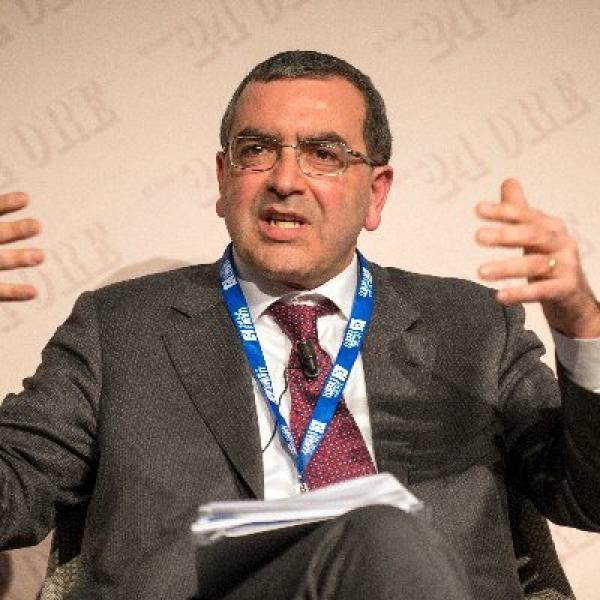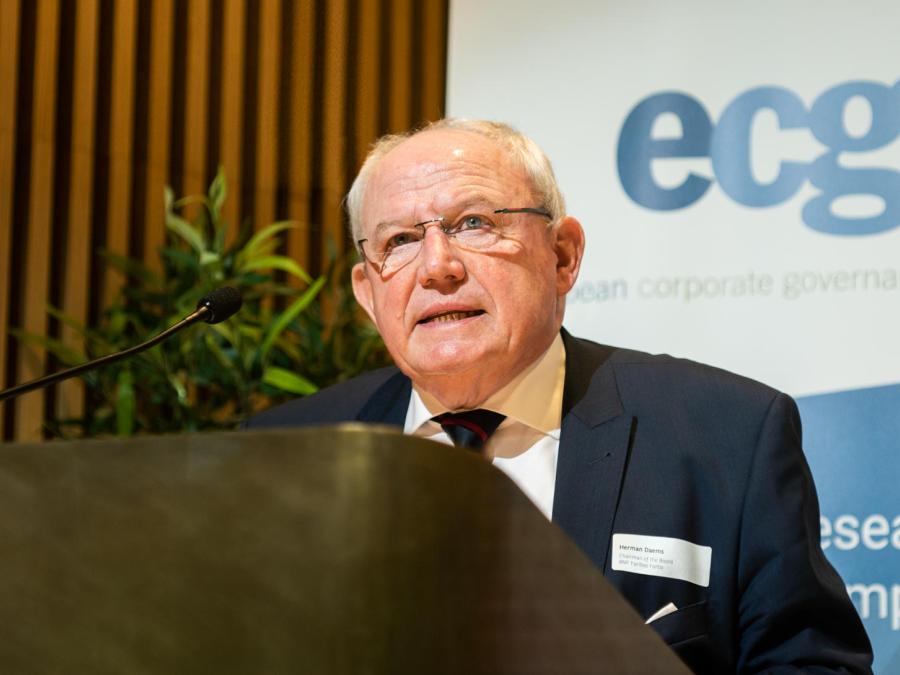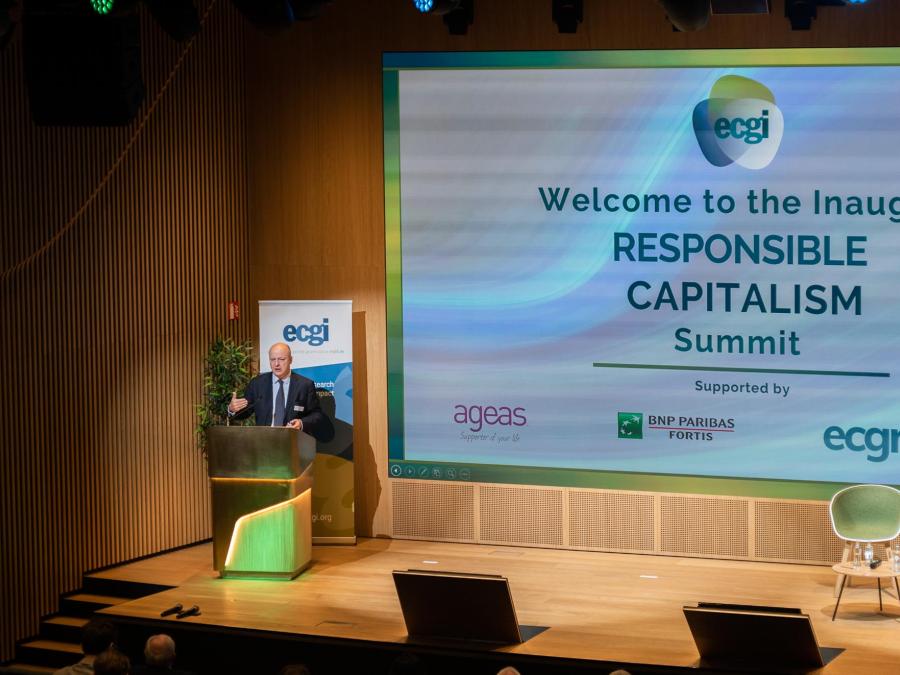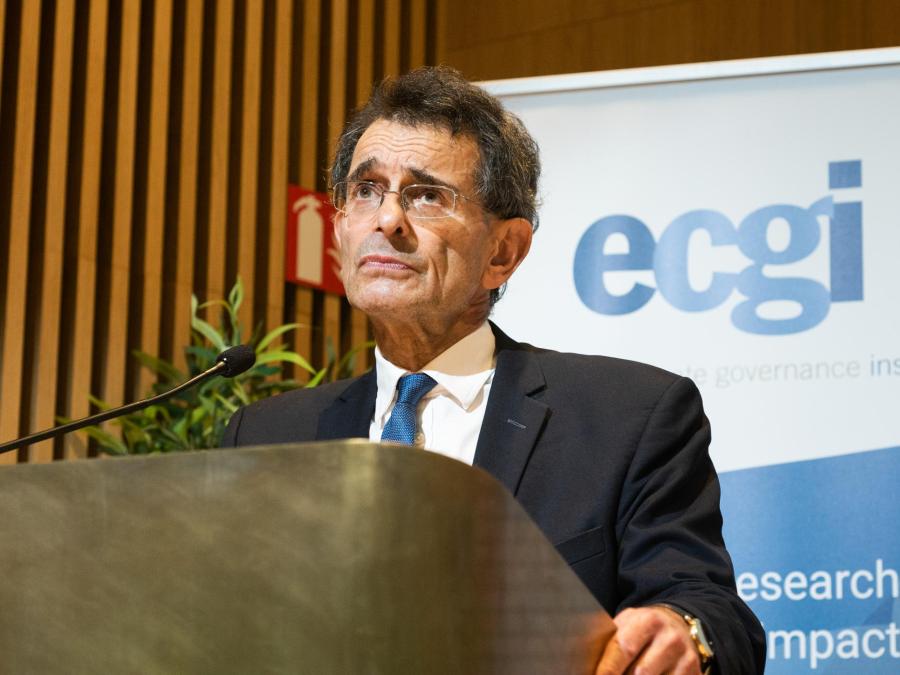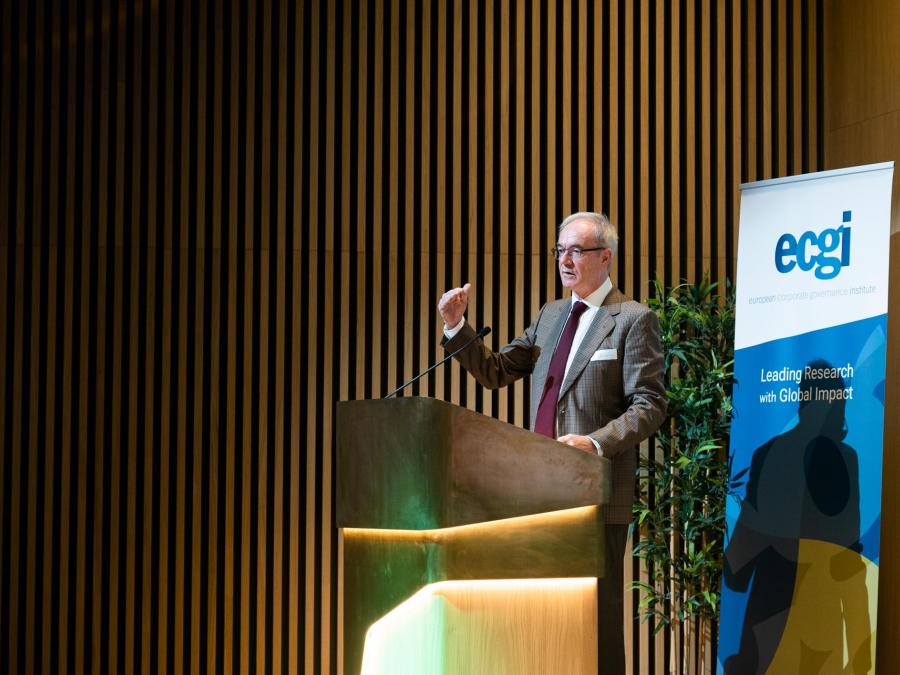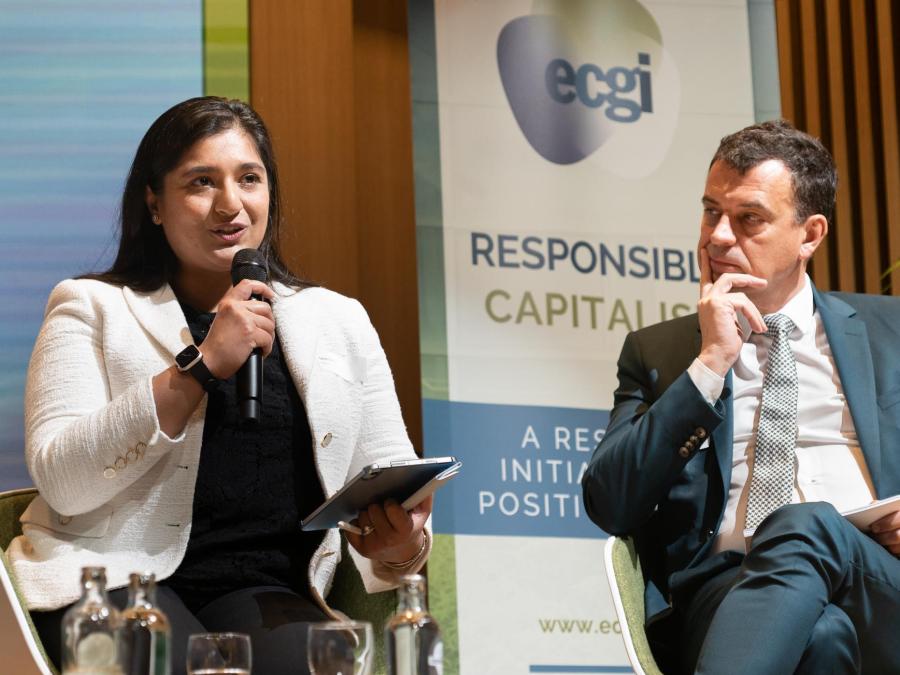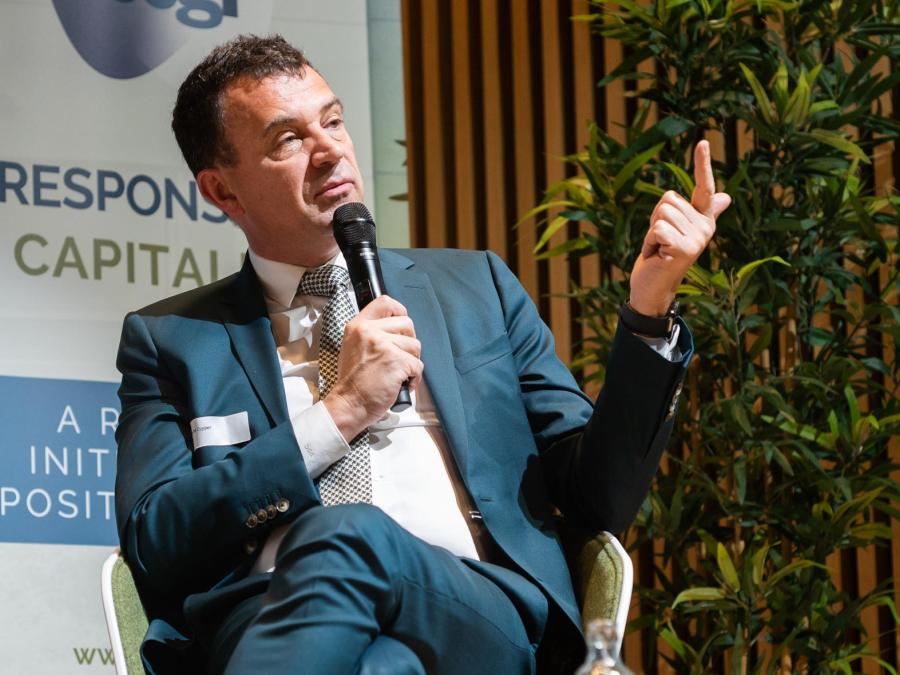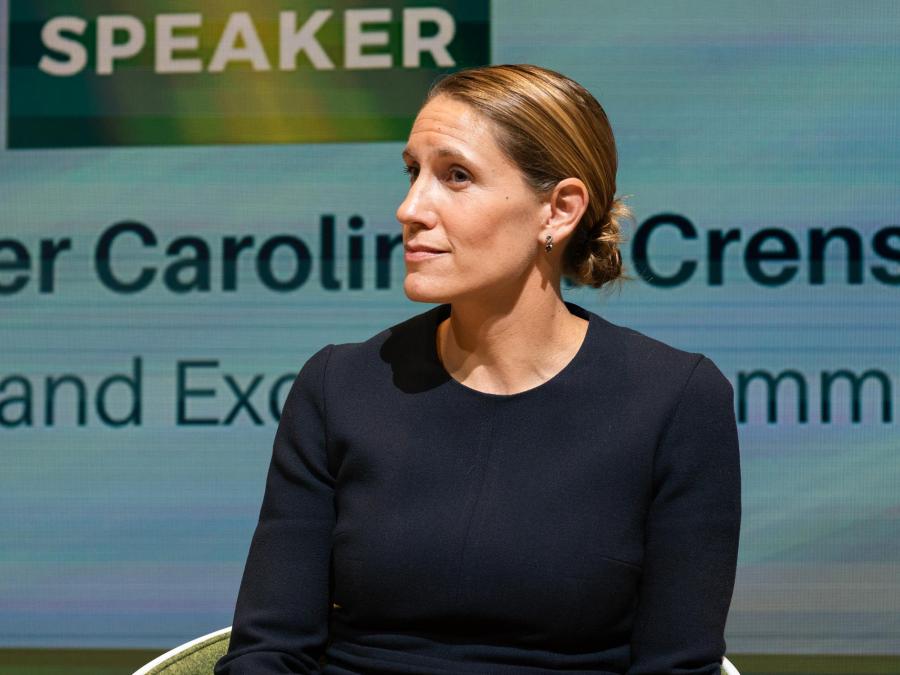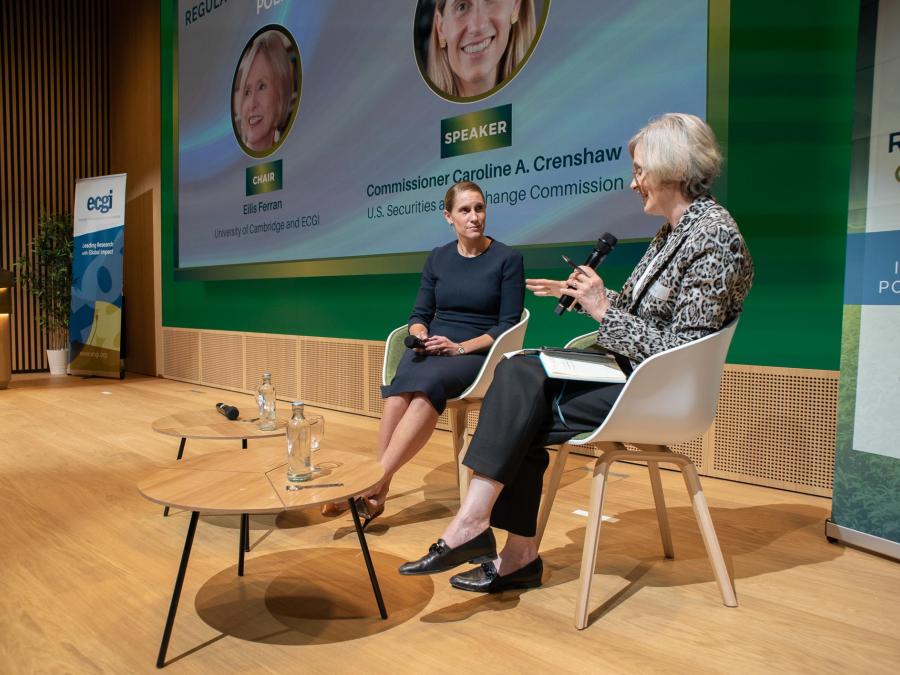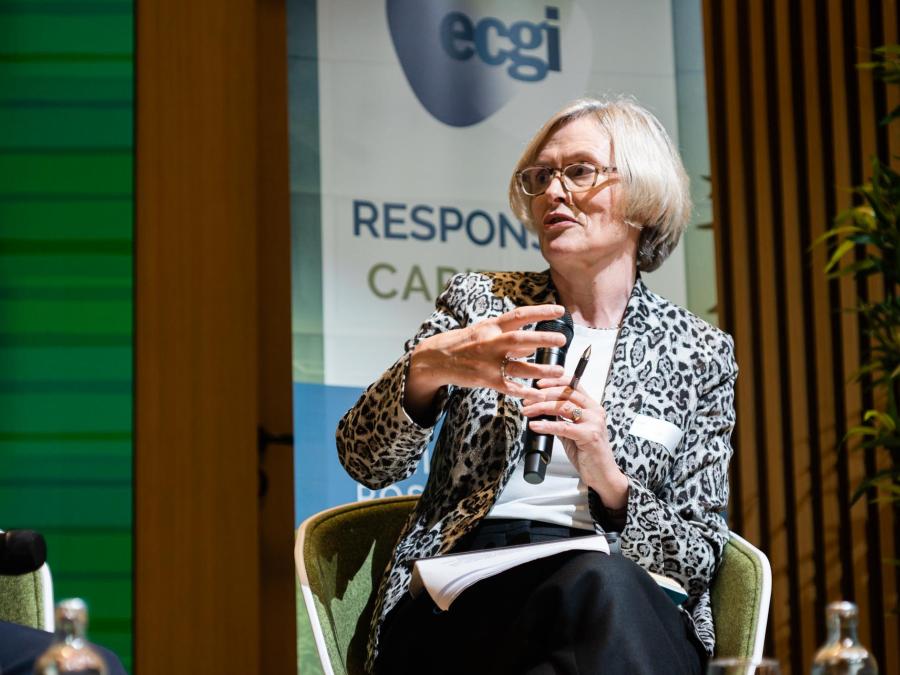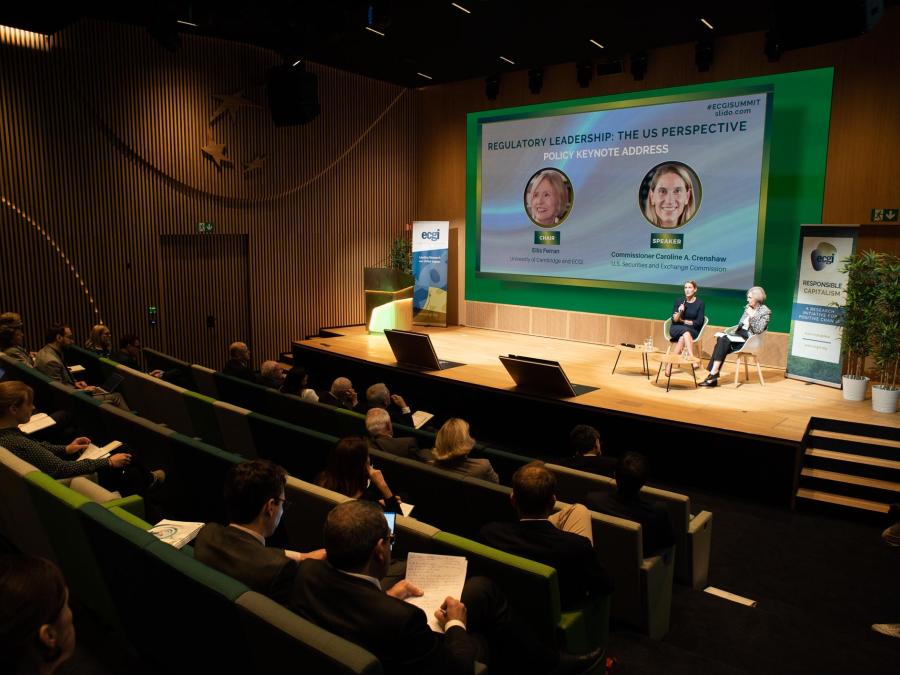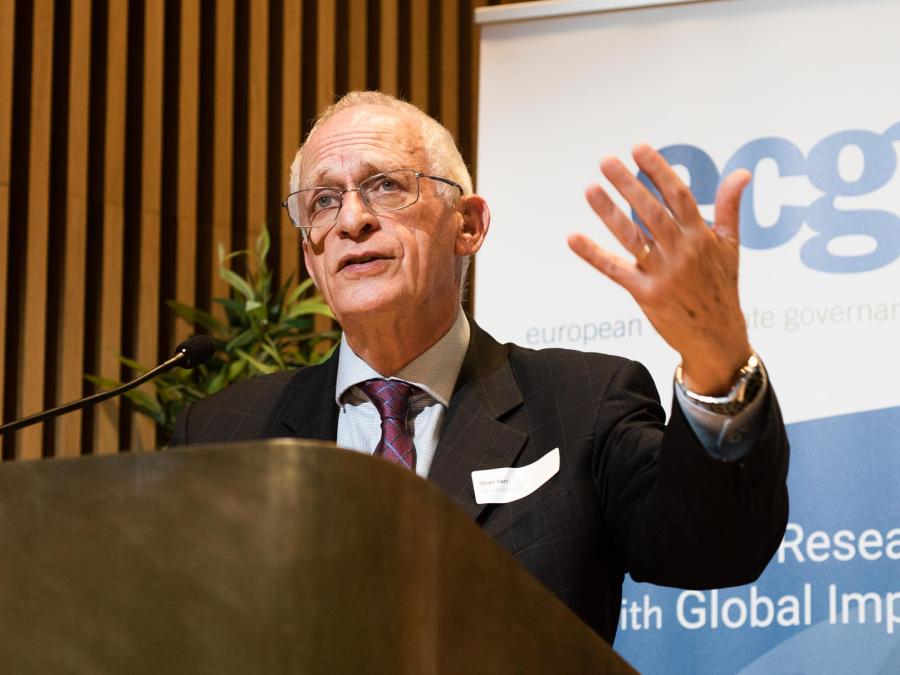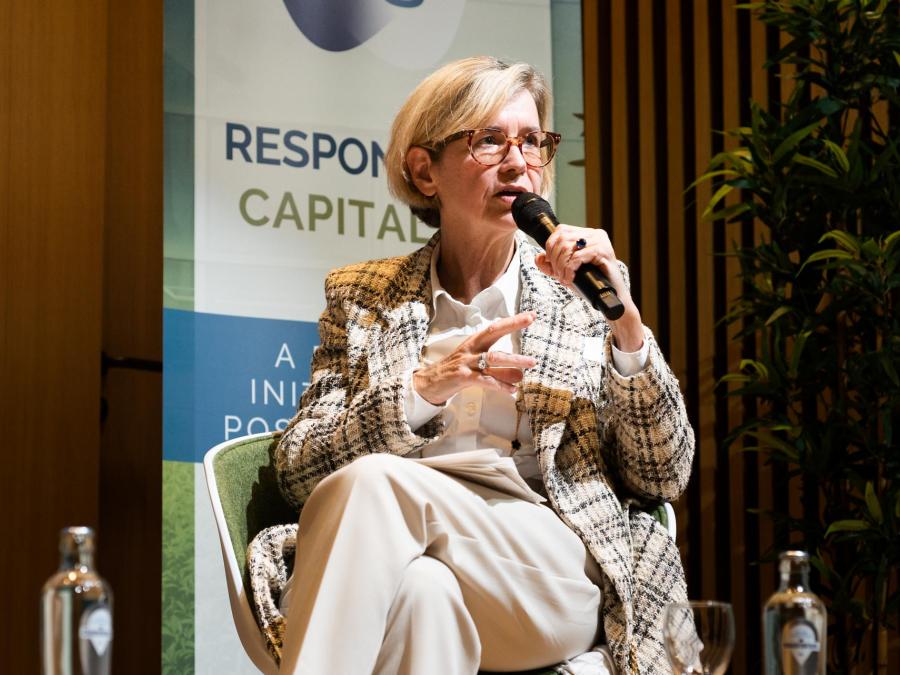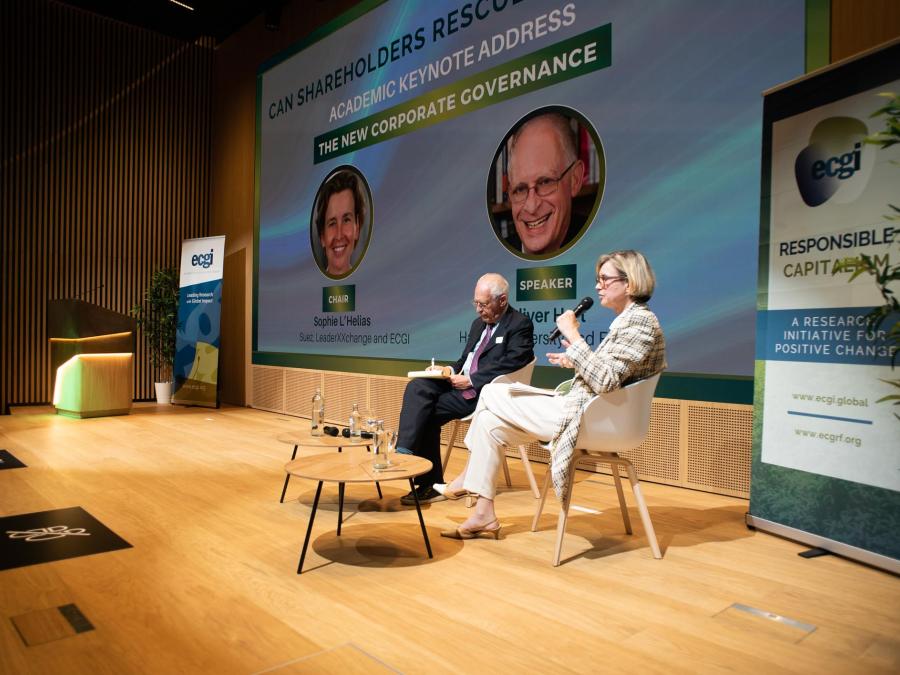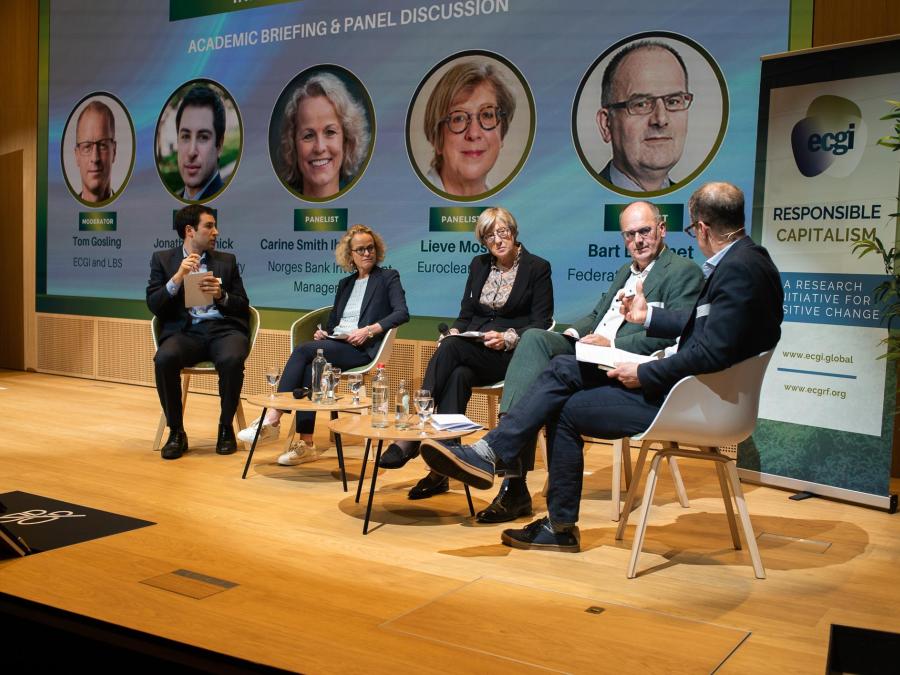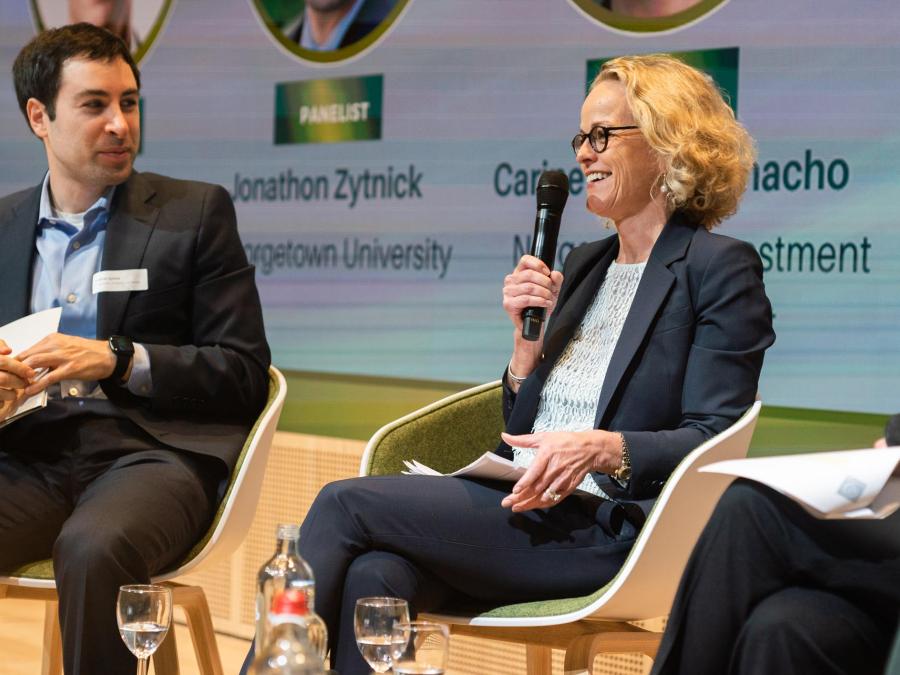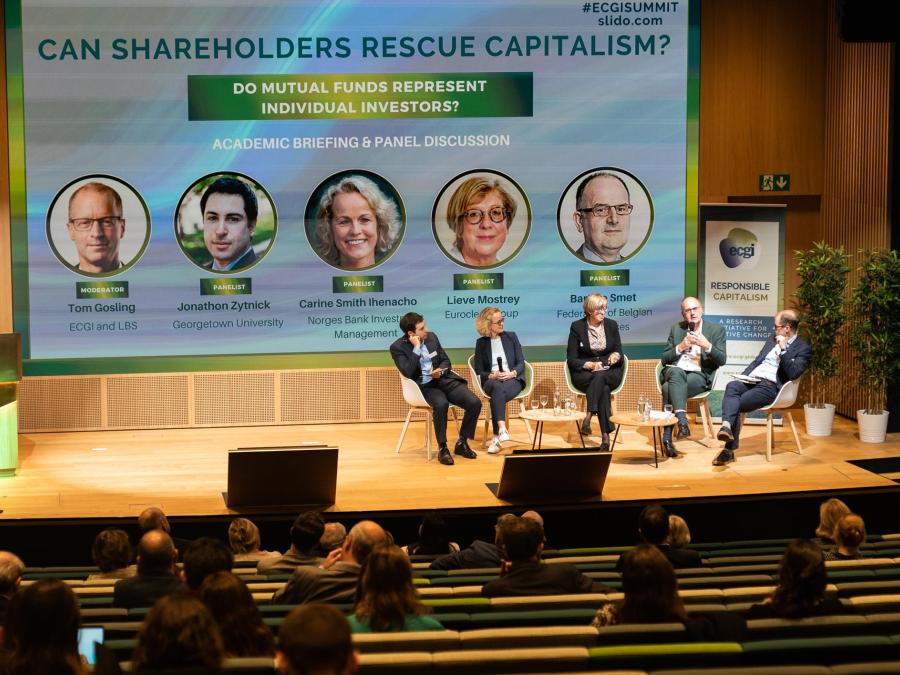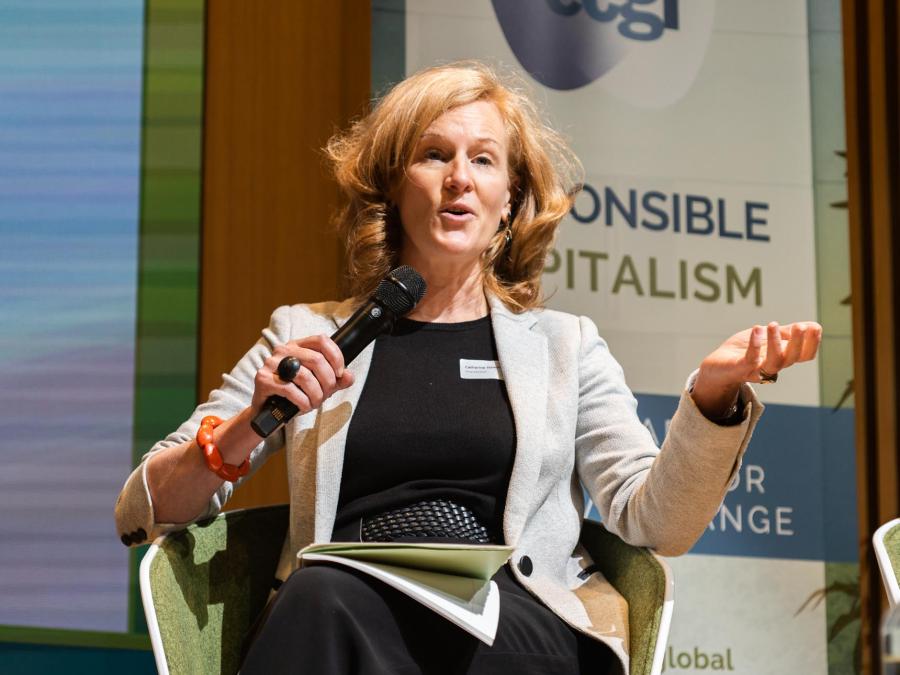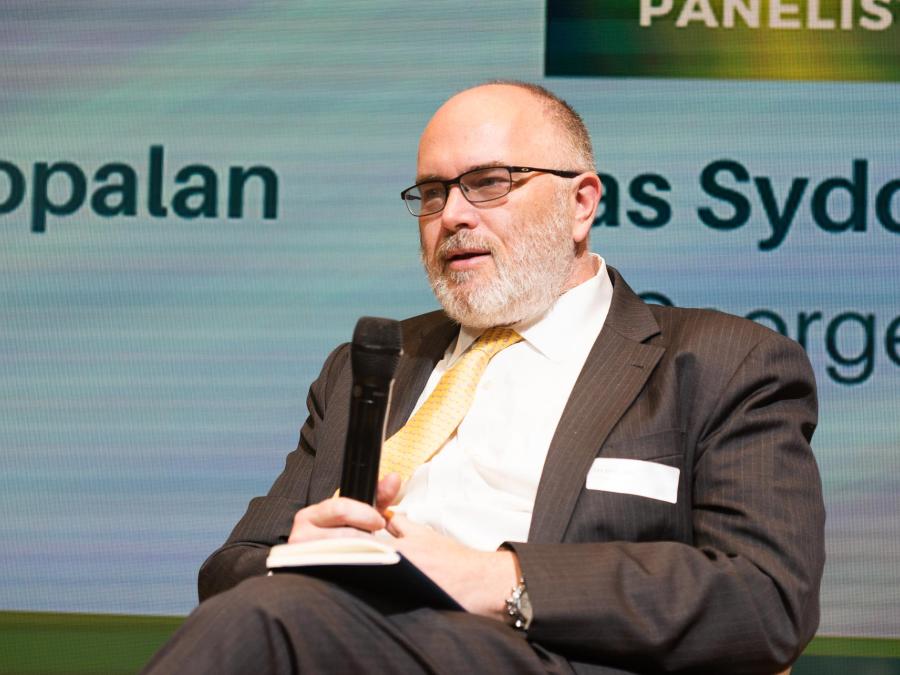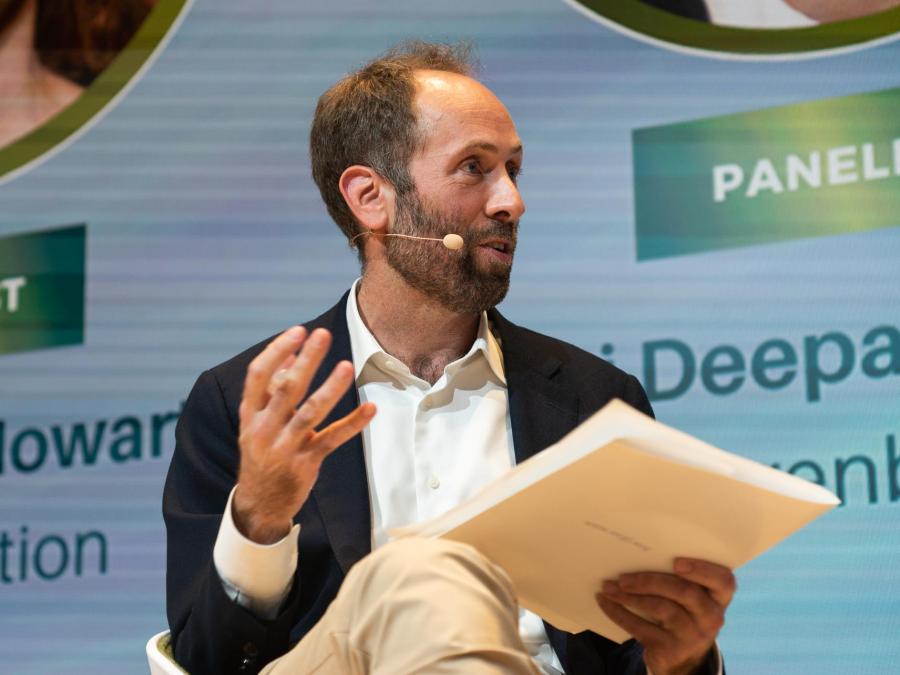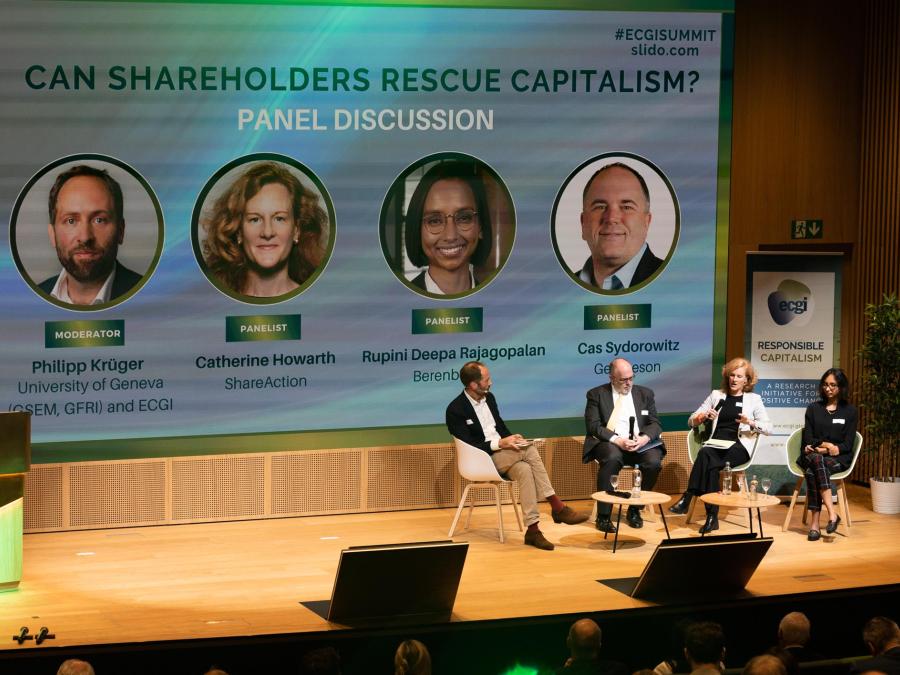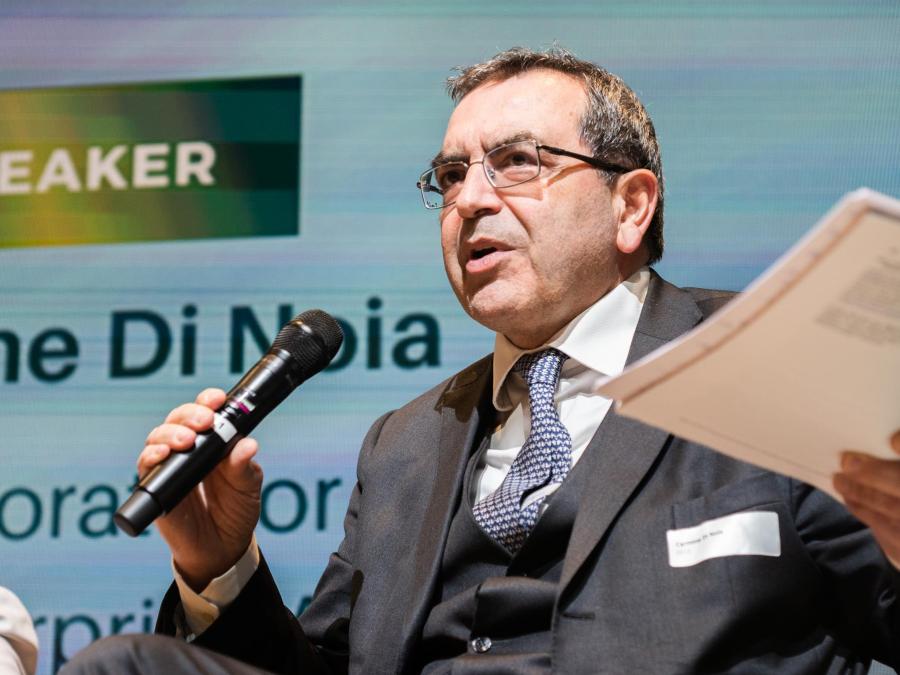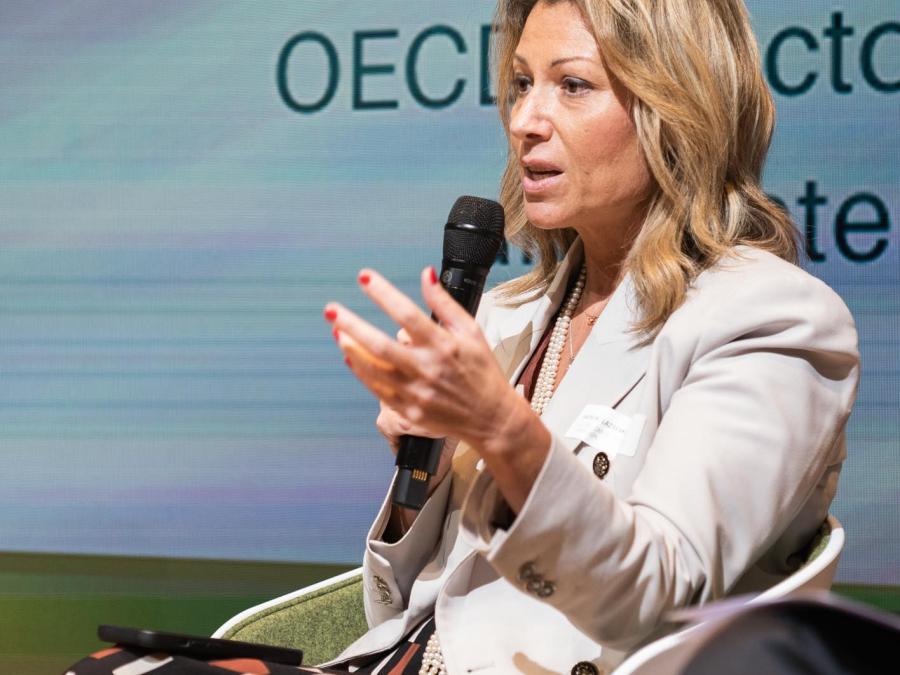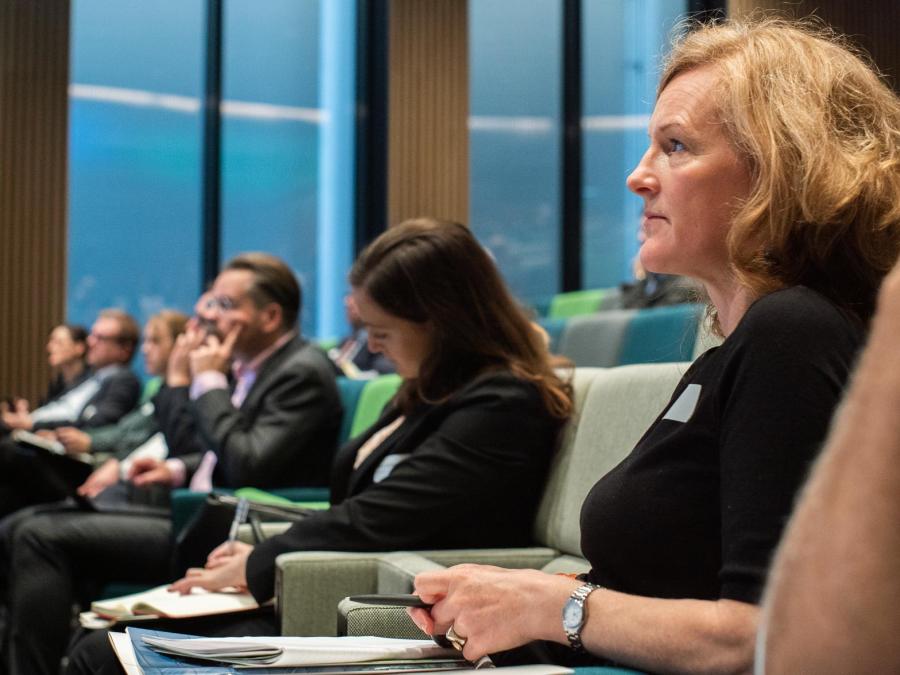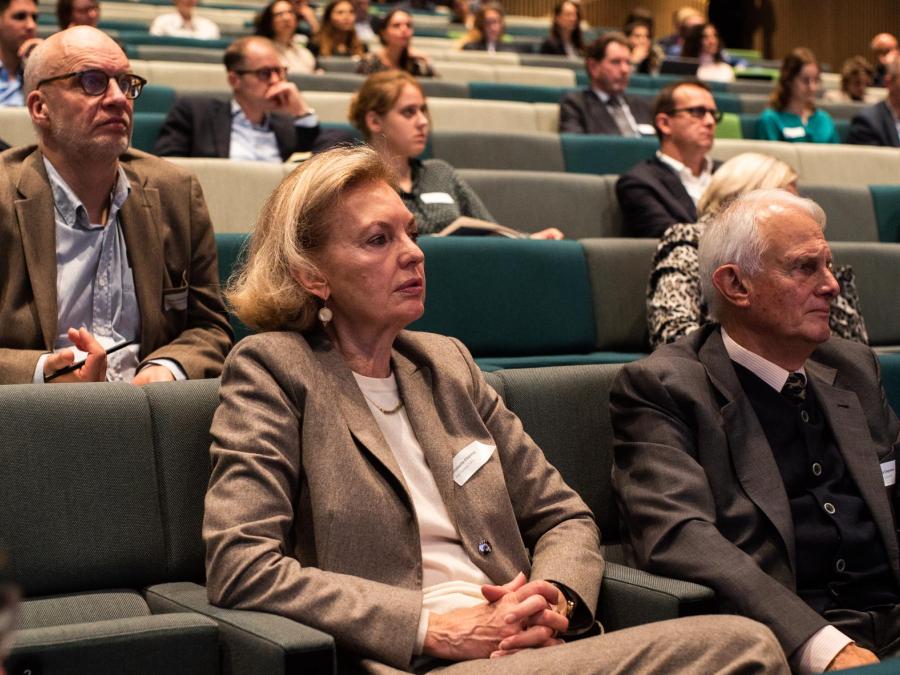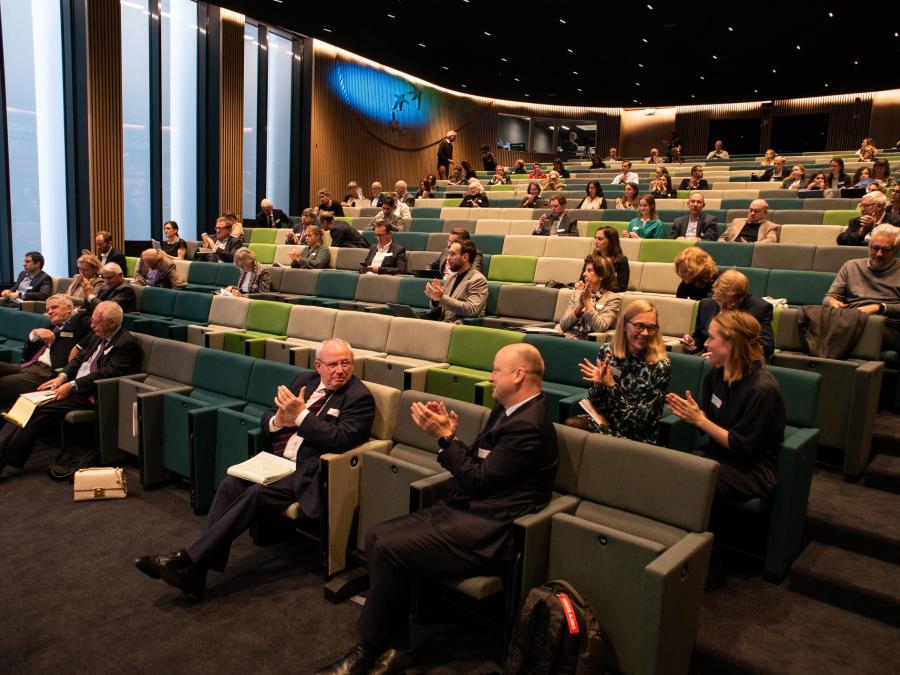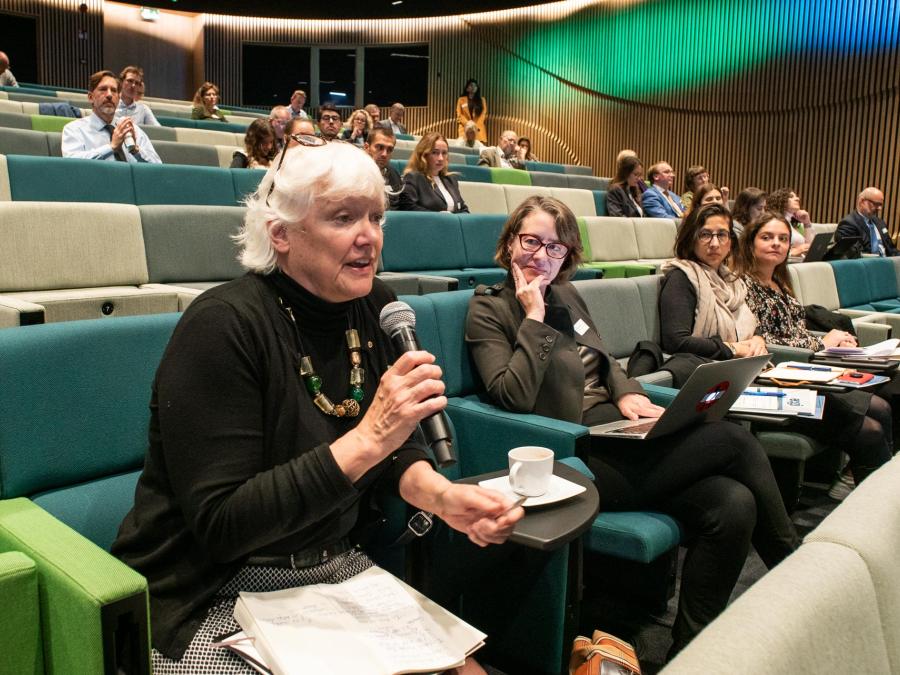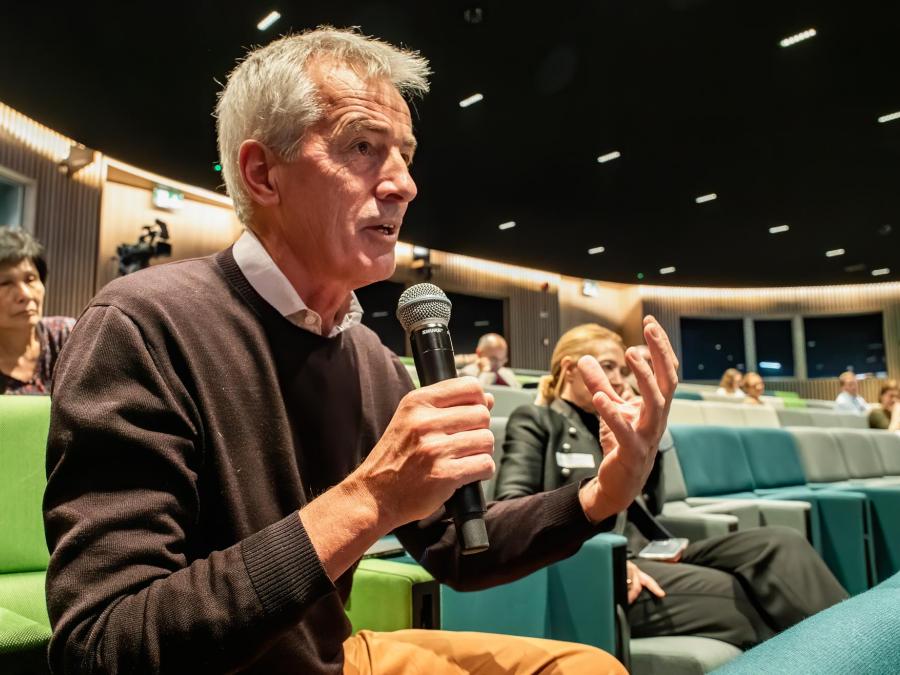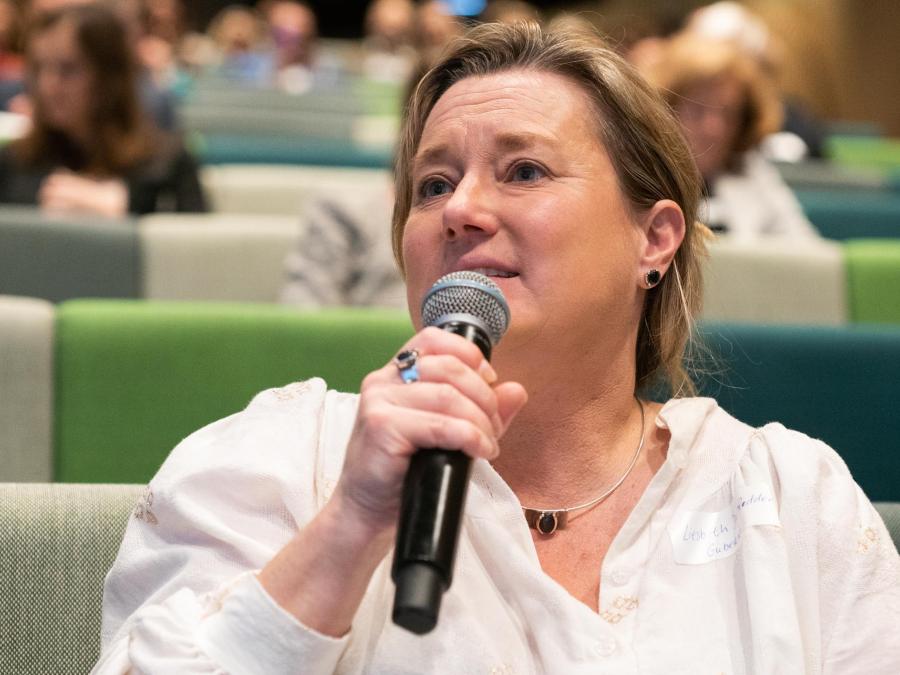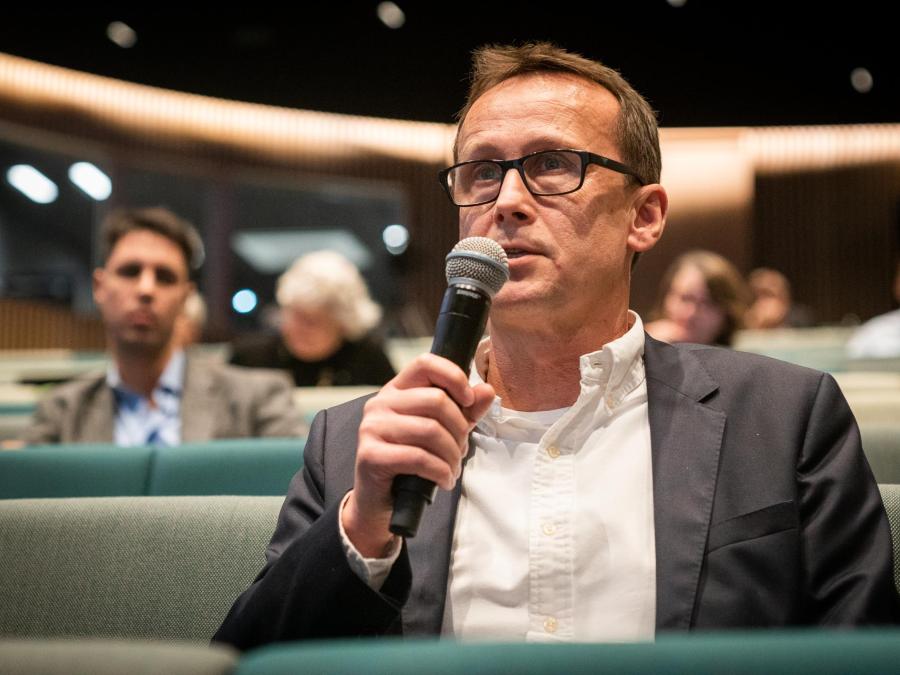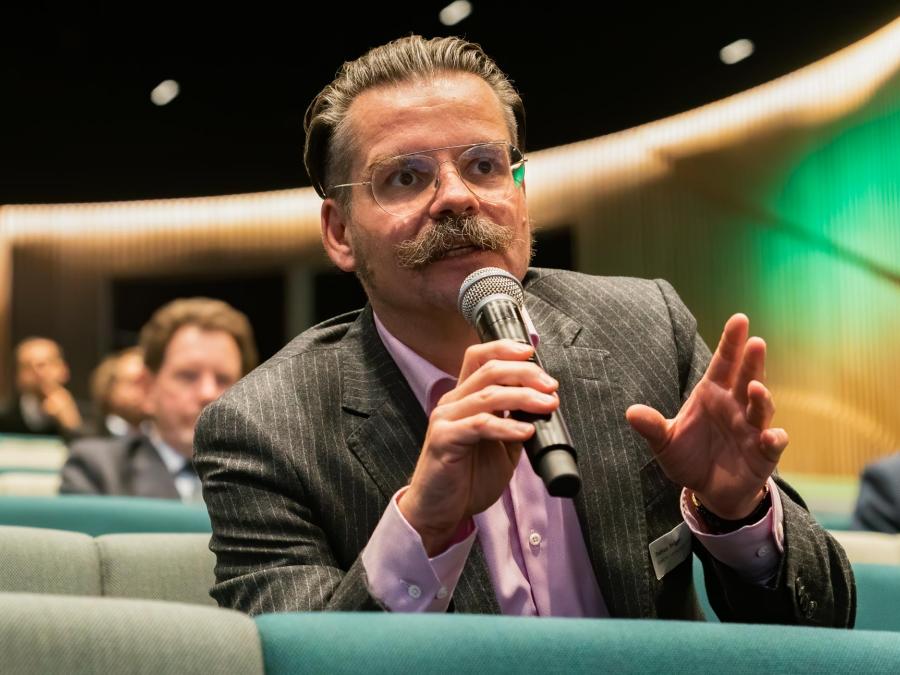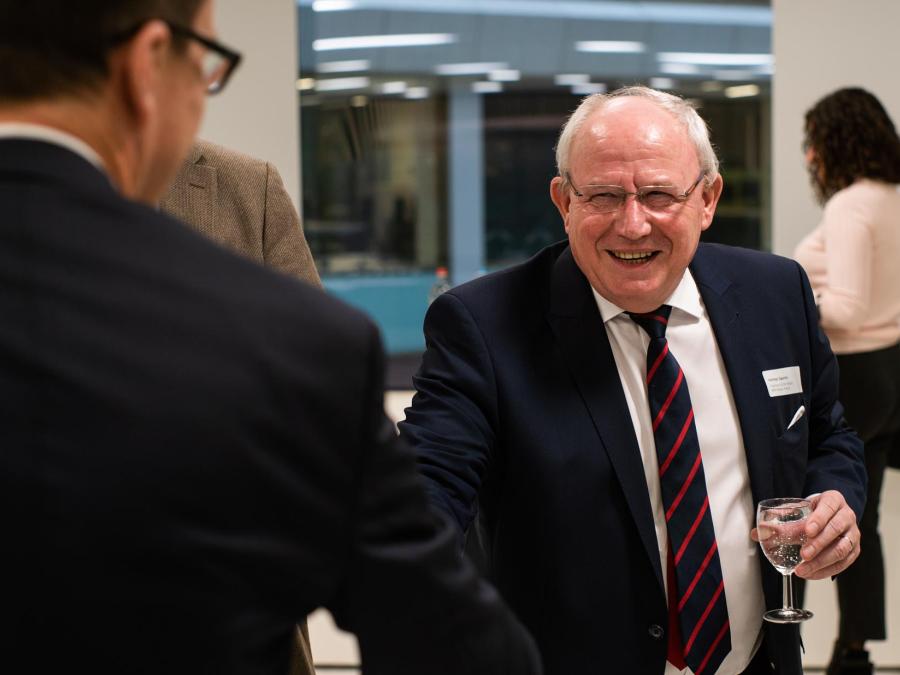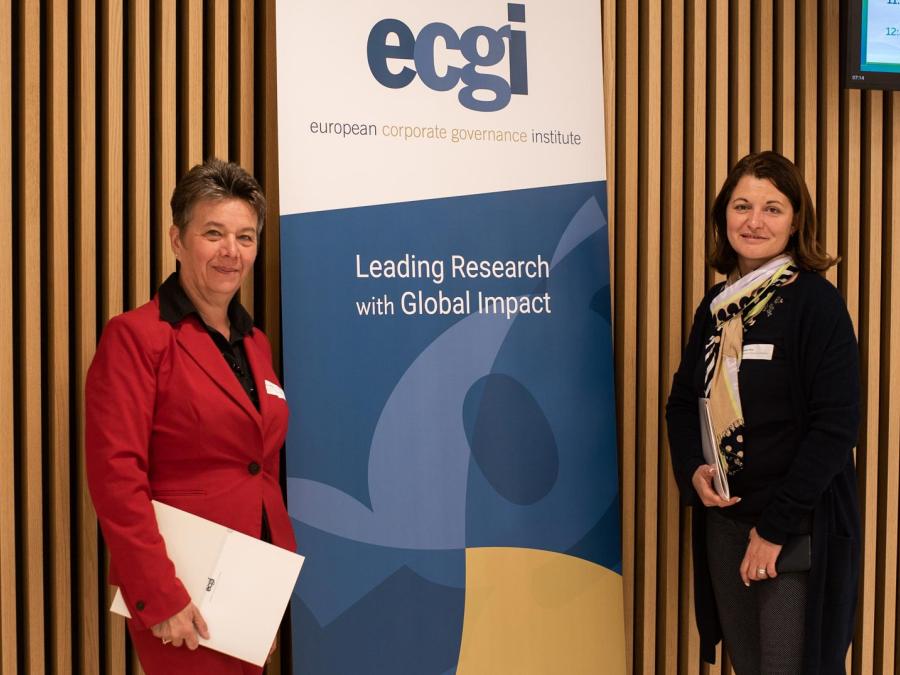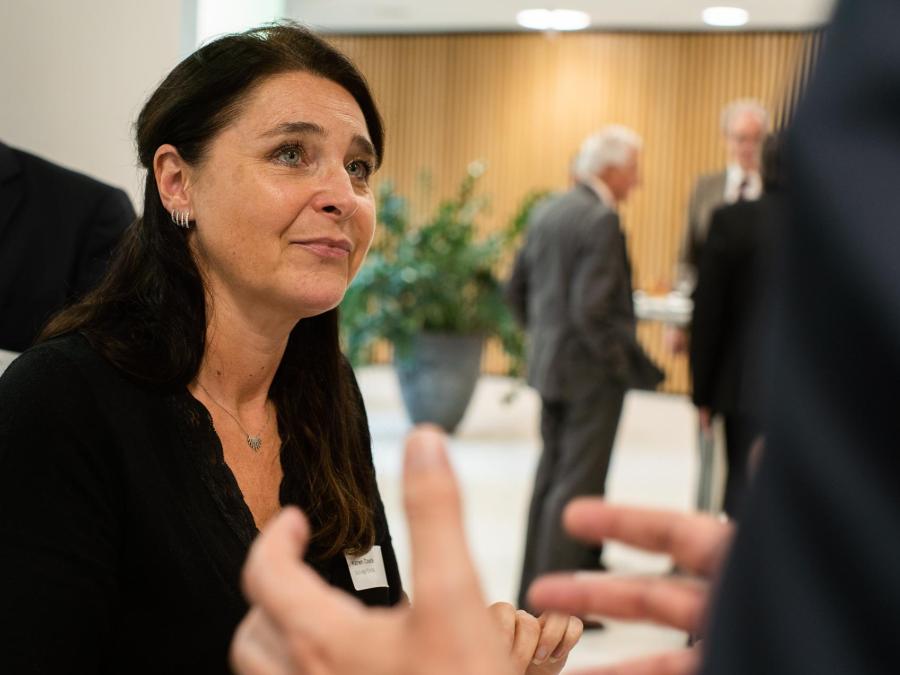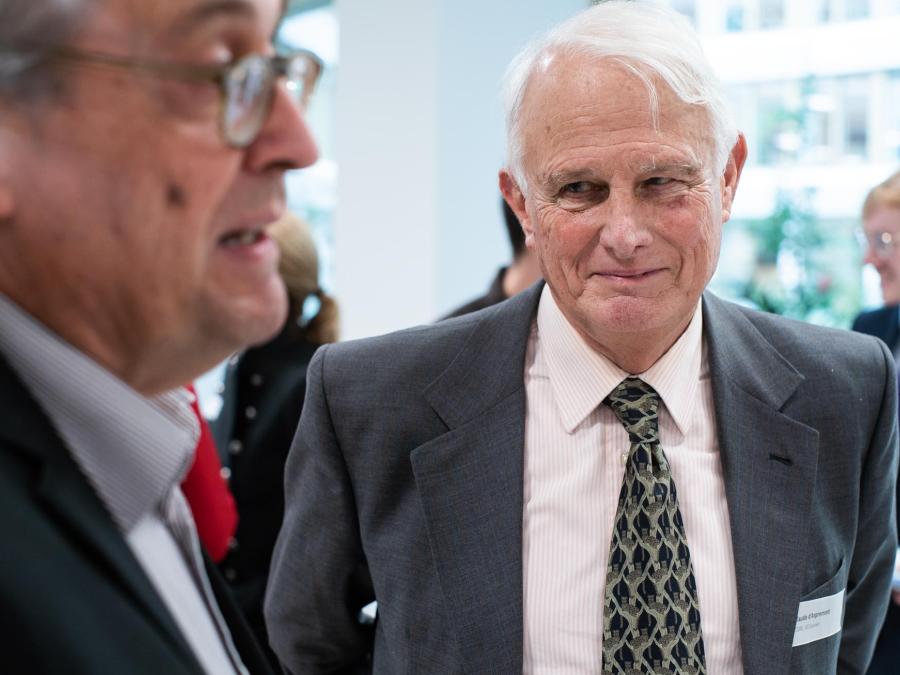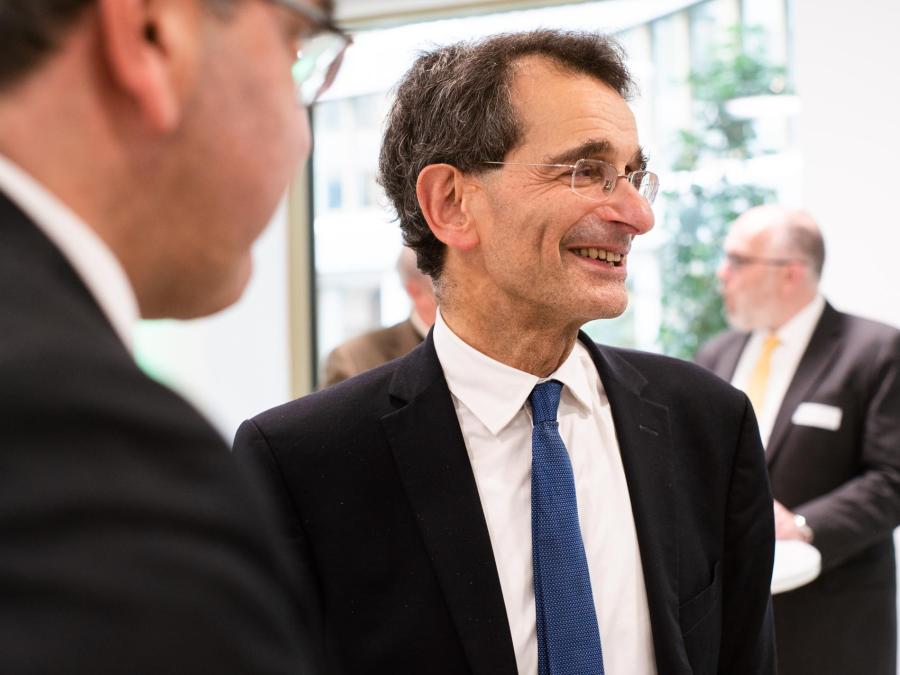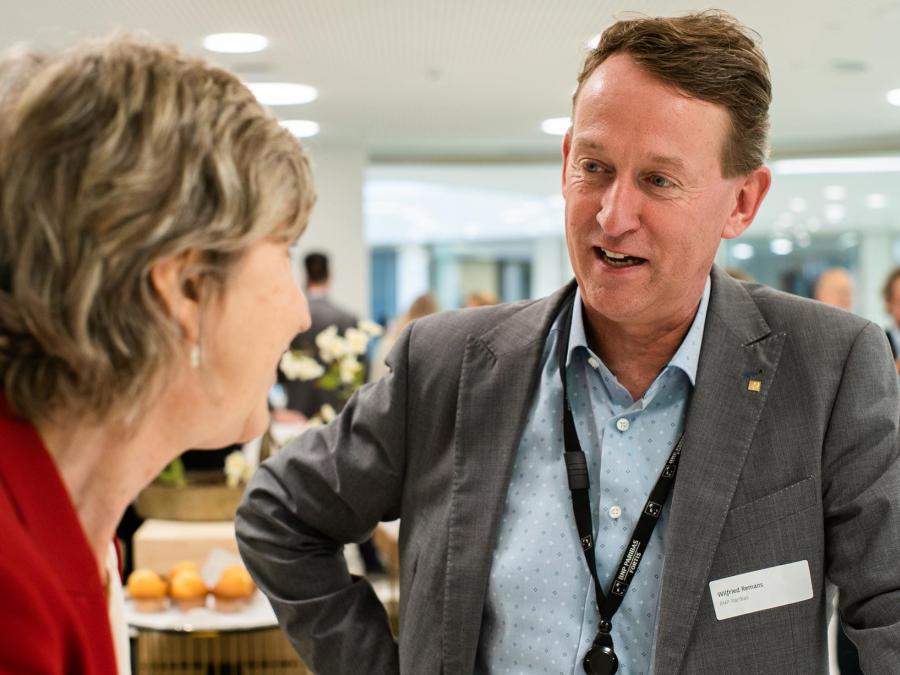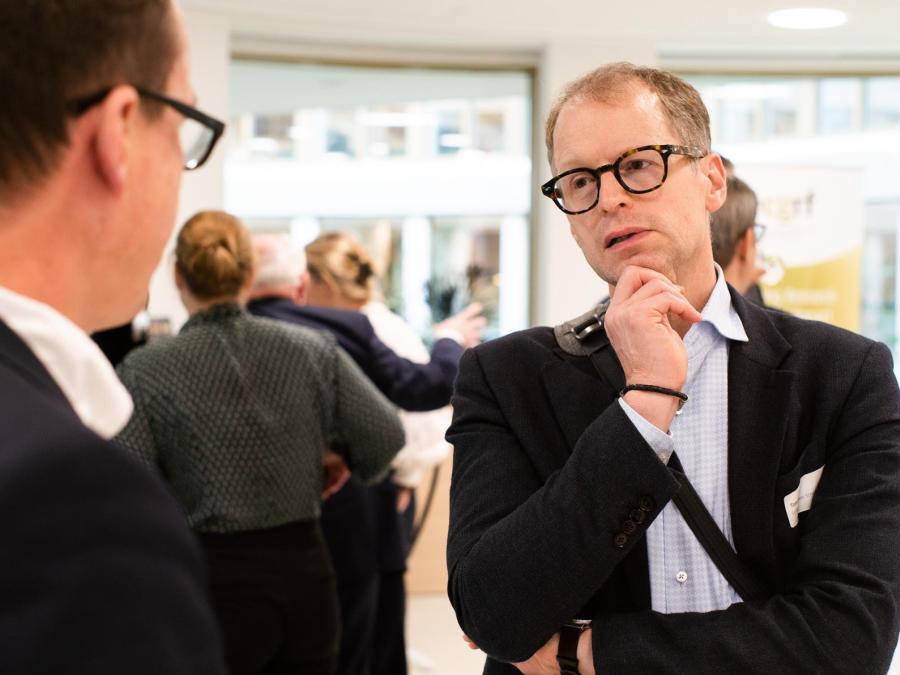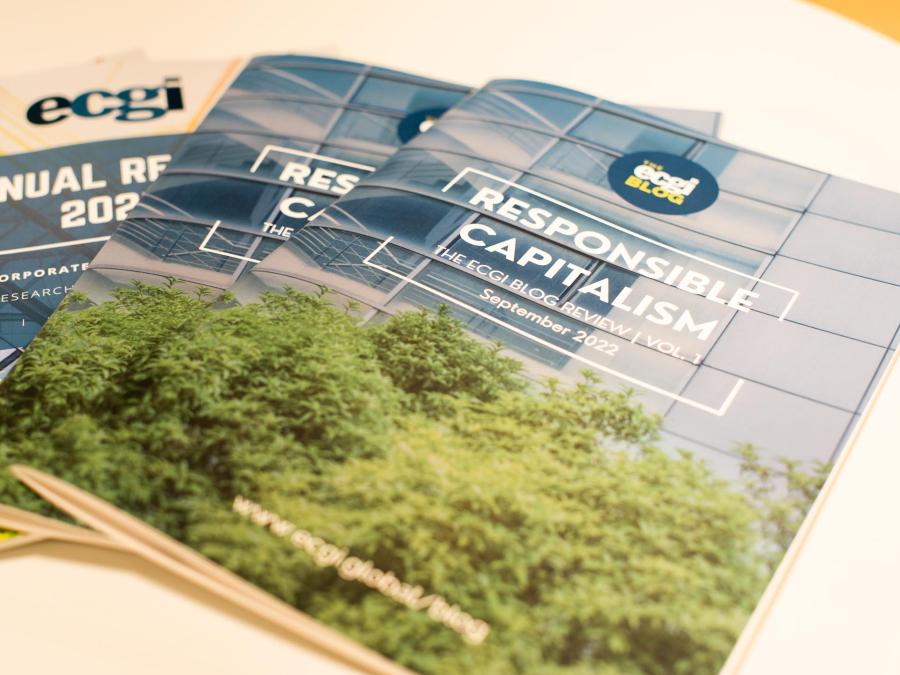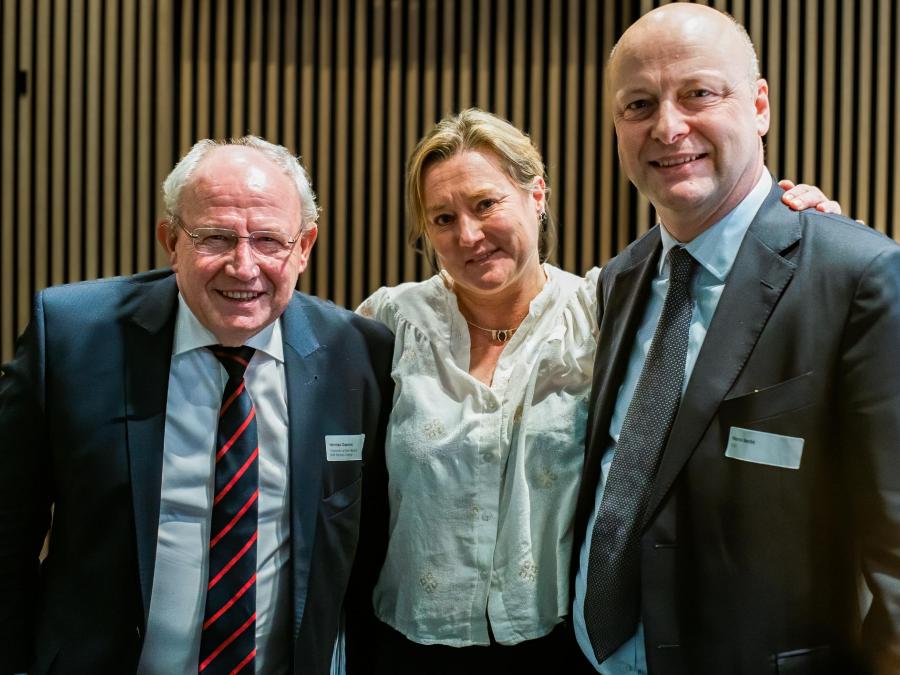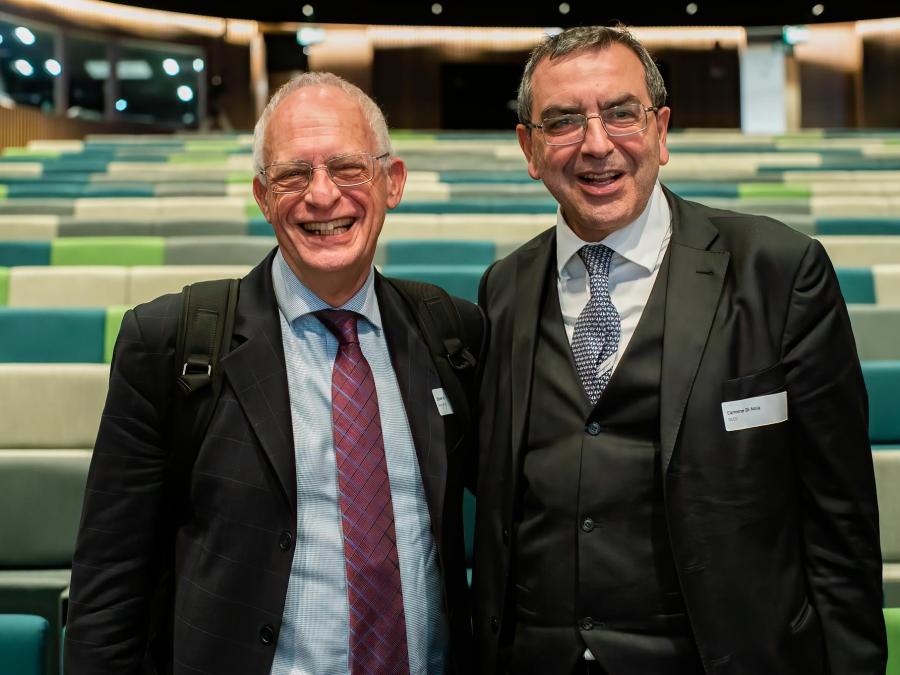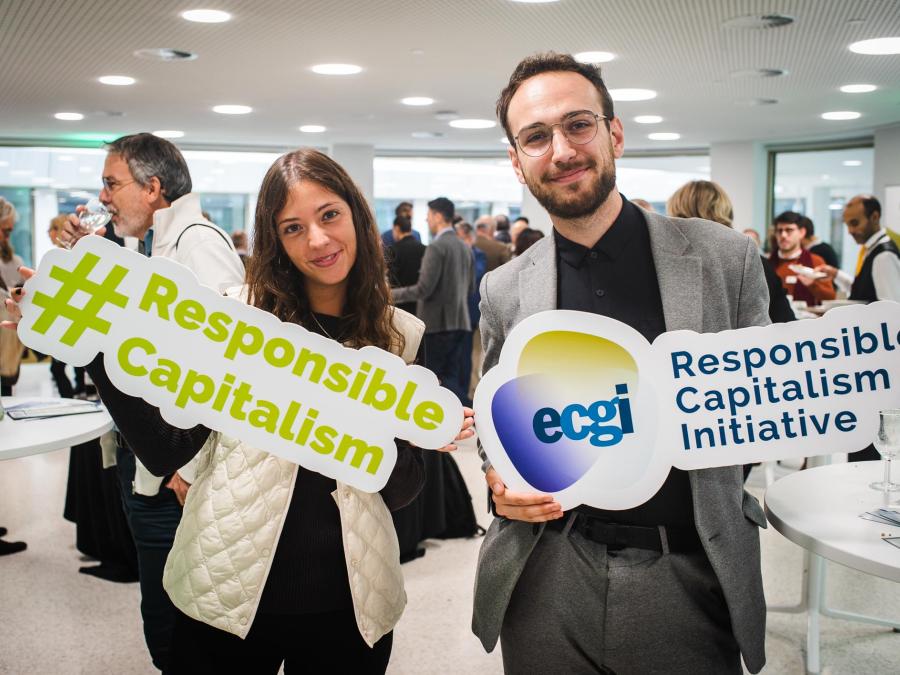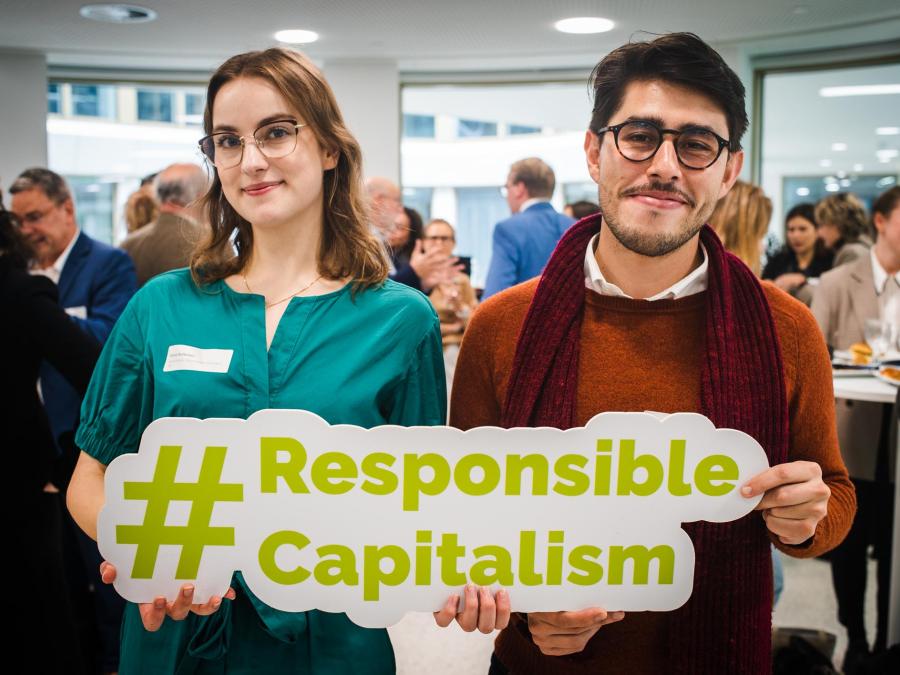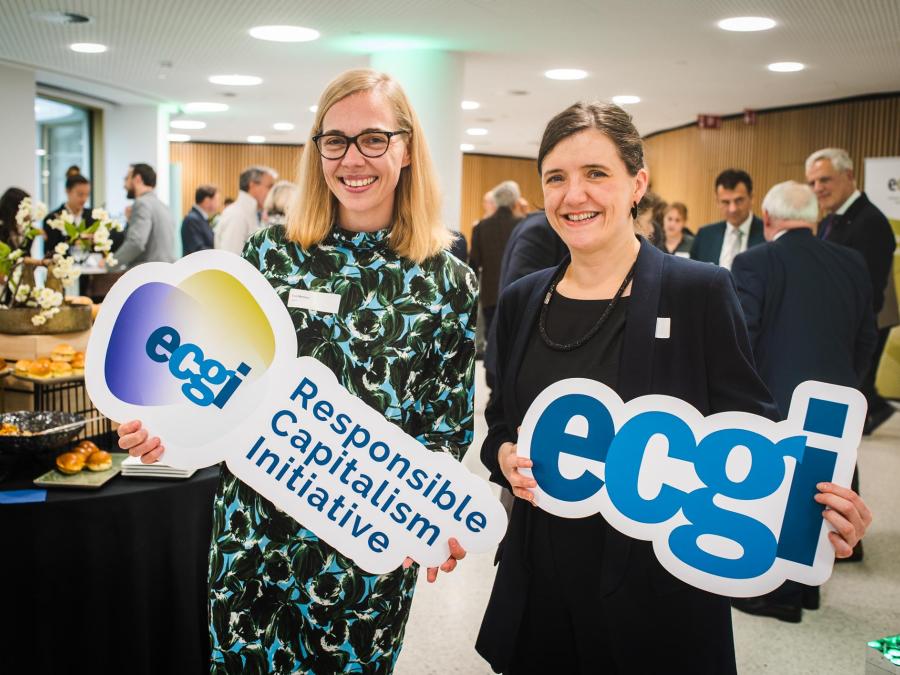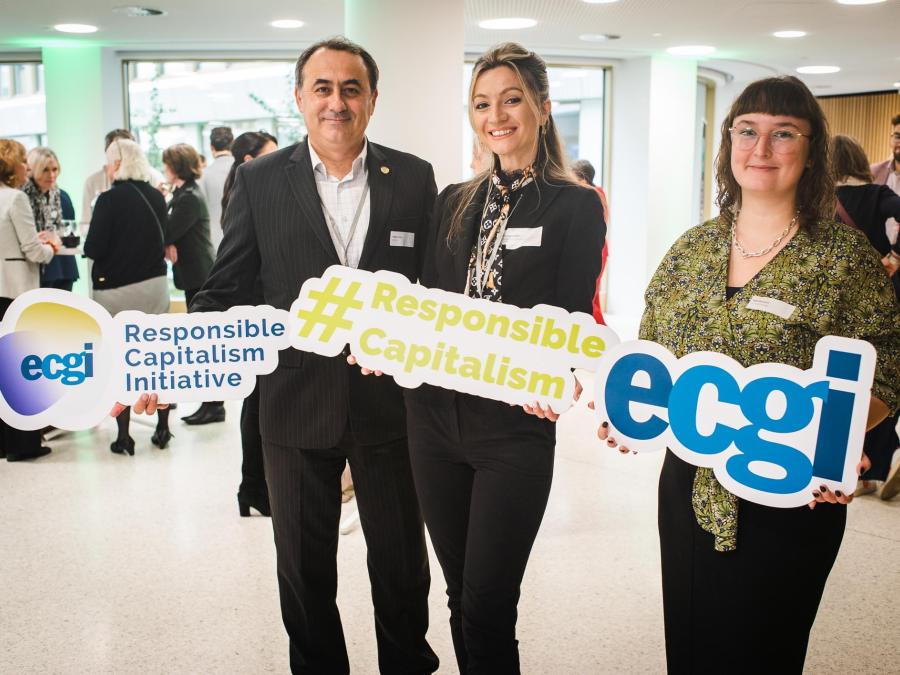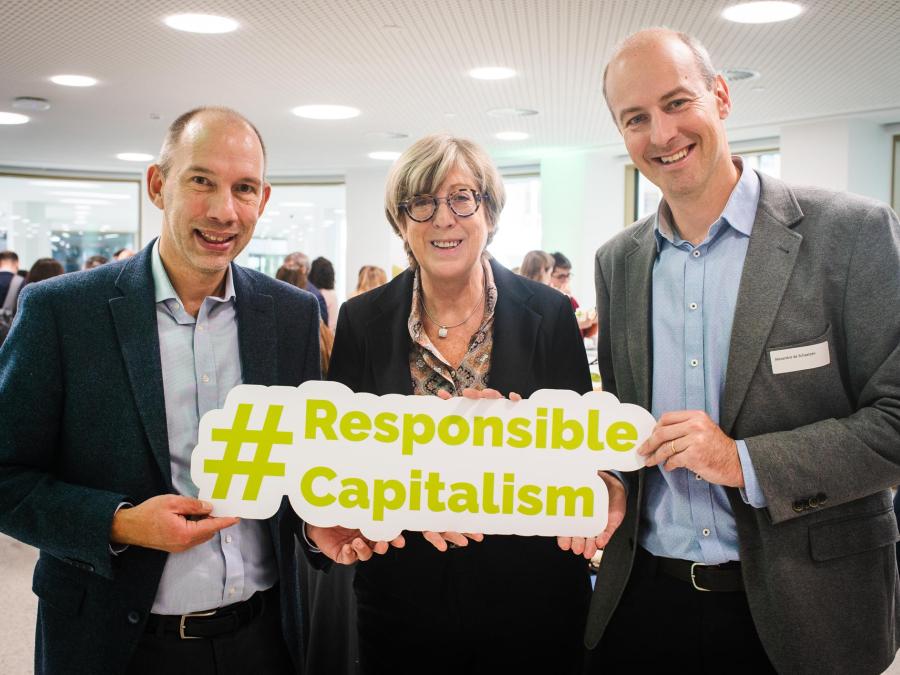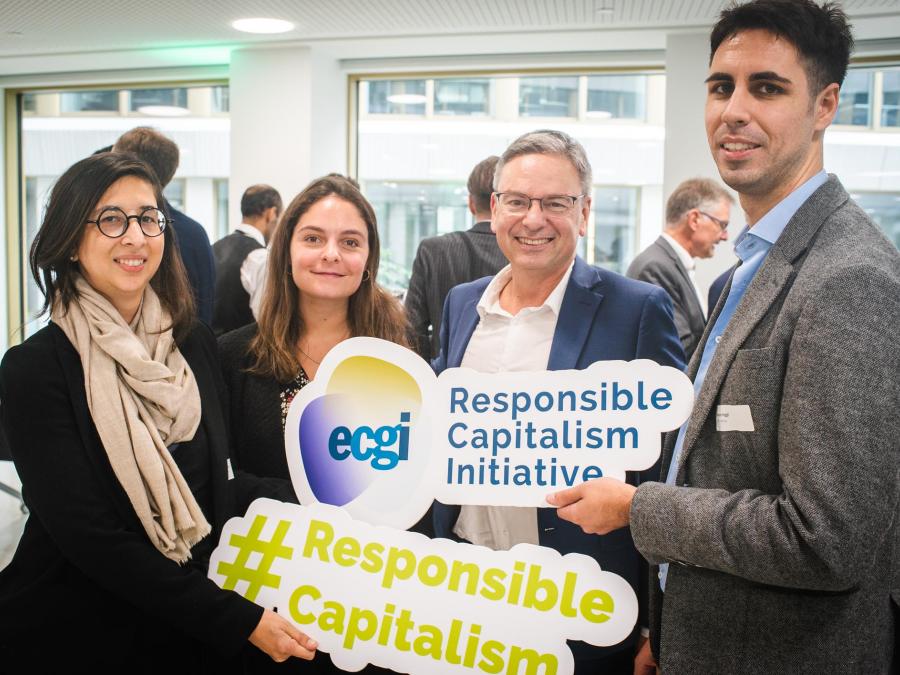

ECGI
Inaugural ECGI Responsible Capitalism Summit
Watch all the presentation here: https://www.youtube.com/summit
This event was attended by academics, business leaders, investors, fund managers, lawyers, economists and students.
---------------------
Inaugural Responsible Capitalism Summit
21 October 2022 | 09:00 - 18:15 CEST
Hosted by:
BNP Paribas Fortis
Montagne du Parc 3 - Warandeberg 3
1000 Brussels
Supported by

ABOUT THE EVENT
This event was organised by the European Corporate Governance Institute (ECGI) as part of a multi-year project on Responsible Capitalism.
Capitalism is the system we live in and there is almost no country today that has not organized its economy around market exchange and private property. Capitalism has spurred innovation, raised life expectancy, and lifted millions out of poverty. Yet there has been a loss of trust in the system with unbridled market forces blamed for several society’s ills including climate change, biodiversity loss, worker mistreatment, and expanding inequality. Companies and investors are under pressure to demonstrate that they are part of the solution rather than part of the problem. But how can market forces be redirected towards a sustainable business model? How can we ensure that prosperity and welfare are distributed equitably? And how can these demands be reconciled with the fiduciary duty of companies to their shareholders and of those shareholders to their end investors?
The ECGI’s Responsible Capitalism project brings together the best thinking from academics, companies, investors, and policymakers to provide fresh and meaningful perspectives on these questions. In this inaugural event, the speakers discussed the role of companies, investors, and policymakers in supporting responsible capitalism through the lens of the most systemic issue facing society: climate change.
Using high-quality academic evidence and deep practitioner insight, we discussed various topics including: How can board leadership and governance enable a positive contribution from the corporate sector? To what extent are markets pricing systemic risks and so directing capital flows towards solutions? What role can regulators play? What are the opportunities for investors to drive change through recognition of their clients’ non-financial as well as financial goals? How can policymakers mitigate transition risk?
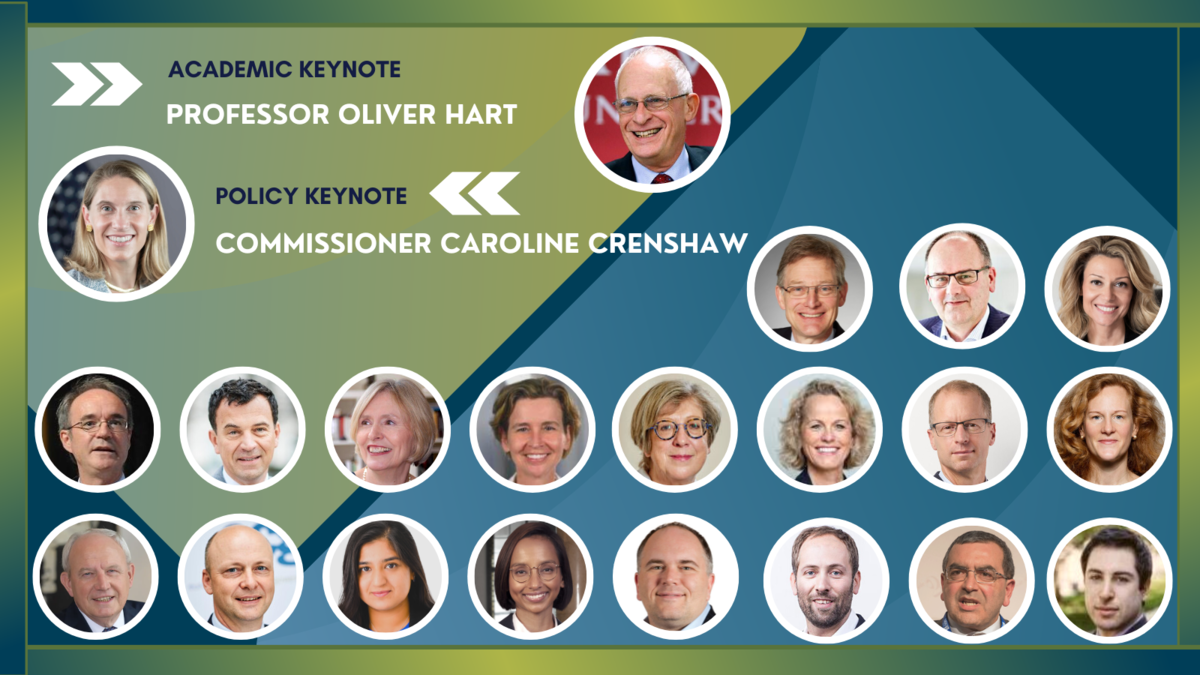
Confirmed Sessions:
OPENING REMARKS
Baron Herman Daems, Chair of the Board, BNP Paribas Fortis and ECGI
RESPONSIBLE CAPITALISM: A NEW PARADIGM?
Marco Becht, Professor of Finance, Solvay Brussels School, Université libre de Bruxelles, Executive Director, ECGI
Colin Mayer, Emeritus Professor of Management Studies, Blavatnik School of Government and Saïd Business School, University of Oxford
MITIGATING CLIMATE RISK: HOW MARKETS AND COMPANIES CONTRIBUTE
Markets are increasingly taking notice of climate change. How and to what extent is climate risk priced and does this vary across markets and sectors? What does this mean for the role market forces will play in companies becoming net positive? How should banks and insurance companies respond and what is their role in mitigating climate risk?
Academic Briefing: The Financial Cost of Carbon
Patrick Bolton, Professor of Finance and Economic, Imperial College Business School, ECGI Fellow
Discussion: Hans De Cuyper, Group CEO, Ageas
Moderator: Sahar Shamsi, Partner, Oxera
REGULATORY LEADERSHIP: THE US PERSPECTIVE
What are the vision and priorities of US regulators when it comes to climate change and other major systemic issues? How can regulators enable responsible capitalism? What are the expectations from the transatlantic relationship?
Policy Keynote:
Caroline A. Crenshaw, Commissioner, U.S. Securities and Exchange Commission
Moderator: Eilis Ferran, Professor of Company and Securities Law, University of Cambridge, ECGI Fellow
CAN SHAREHOLDERS RESCUE CAPITALISM? PART 1
The ultimate shareholders in companies are citizens and do not want financial returns at any cost. Where companies are externalizing costs onto these same citizens, they will want to be enabled to step in and use their power as shareholders to bring about change. The result: a transformed corporate governance based on shareholder welfare rather than shareholder value.
Academic Keynote: The New Corporate Governance
Oliver Hart, Nobel Laureate 2016, Lewis P. and Linda L. Geyser University Professor, Harvard University, ECGI Fellow
Moderator: Sophie L’Helias, Chair, Suez, Founder & President, LeaderXXchange, Member of the Board, ECGI
CAN SHAREHOLDERS RESCUE CAPITALISM? PART 2
If shareholder welfare is to be a guiding principle of governance, we can ask to what extent asset management intermediaries currently reflect the views of their end clients. What are the practical challenges that need to be resolved in order for shareholder welfare to become a guiding principle? Is there an inexorable trend to more client control over voting and what would this mean for engagement and the market in general?
Academic Briefing: Do Mutual Funds Represent Individual Investors?
Jonathon Zytnick, Professor of Law, Georgetown University
Panel discussion with:
Bart De Smet, Chair, Federation of Belgian Enterprises
Lieve Mostrey, CEO, Euroclear Group
Carine Smith Ihenacho, Chief Governance and Compliance Officer, Norges Bank Investment Management
Moderator: Tom Gosling, Executive Fellow, ECGI and LBS
CAN SHAREHOLDERS RESCUE CAPITALISM? PART 3
Shareholder welfare oriented investors will seek to change company behaviour in ways to prevent harm, but might have a negative impact on the company’s stock price. Recent examples include campaigns that aim to stop fossil fuel exploration or reduce sugar content in food and drink. How can shareholder welfare oriented investors ensure they get sufficient support for their proposals? What will stop shareholder value oriented investors from reversing the decisions?
Panel discussion with:
Catherine Howarth, Chief Executive, ShareAction
Cas Sydorowitz, Global CEO, Georgeson
Rupini Deepa Rajagopalan, Head of ESG Office, Berenberg
Moderator, Philipp Krüger, Professor of Responsible Finance, University of Geneva (GSEM, GFRI) and ECGI Research Member
POLICY CONCLUSIONS
Vassiliki Lazarakou, Chair, Hellenic Capital Market Commission (HCMC)
Carmine Di Noia, Director, OECD Directorate for Financial and Enterprise Affairs
Moderator: Ernst Ludwig von Thadden, Professor of Microeconomics and Finance, University of Mannheim, Chair, European Corporate Governance Research Foundation (ECGRF)
------------------------
Concluding Remarks
Marco Becht, Executive Director, ECGI and Professor of Finance, Solvay Brussels School
Programme
Registration
Opening Remarks
Speaker(s)
Mitigating climate risk: How markets and companies contribute
Panel discussion
Moderator
Panelist(s)
Break
Regulatory Leadership: The US Perspective
Moderator
Keynote address
Speaker(s)
Lunch
Can Shareholders Rescue Capitalism? Part 1
Moderator
Break
Can Shareholders Rescue Capitalism? Part 2
Panel discussion
Moderator
Panelist(s)
Break
Can Shareholders Rescue Capitalism? Part 3
Panel discussion
Moderator
Panelist(s)
Policy Conclusions
Moderator
Panelist(s)
Concluding remarks
Speaker(s)
Speakers
Marco Becht
Colin Mayer
Tom Gosling
Eilis Ferran
Oliver Hart
Philipp Krueger
Ernst-Ludwig von Thadden
Presentations
Gallery
Contact





